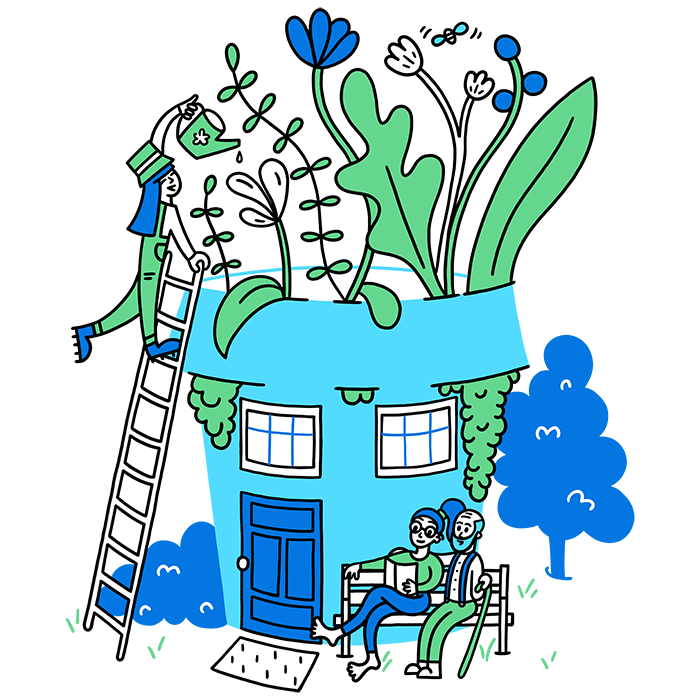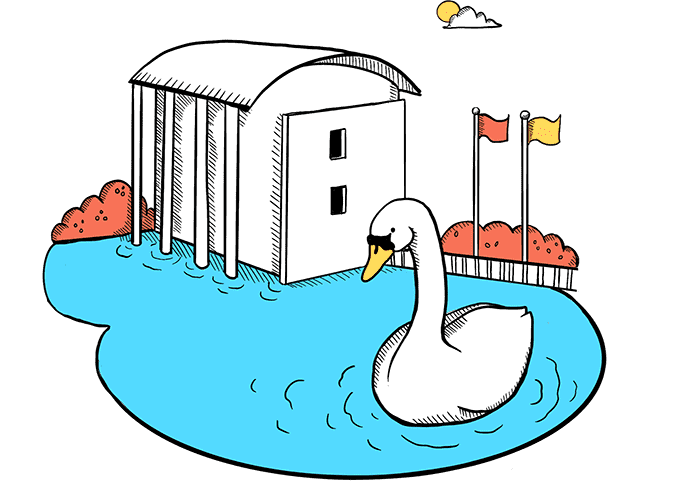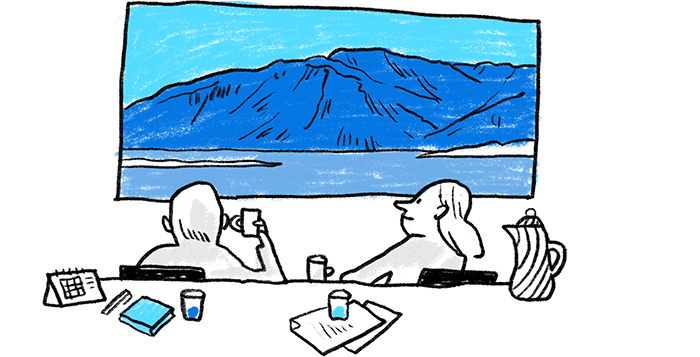English translation
Hi! The English site is only a beta for now and still has many errors (especially in names and locations).
We are working hard to fix them and making more content available than ever before so expect constant updates.

By closely monitoring the quality of the air and water in our environment, we ensure the safety of the residents of Reykjavik.
Promoting strong environmental awareness and public education in Reykjavik as well as enforcing laws and regulations.
The monitoring consists of measuring air quality in several city measuring stations and issuing alerts as required. Monitoring of the city water conservation area, the catchment, sampling in the coastal sea, rivers and lakes as well as monitoring of lands and lands. Reports on environmental quality and presentations of monitoring results are made on a regular basis.
A healthy atmosphere is an important resource and underpinned by good health and well-being. The impact of polluted atmospheres on health is becoming increasingly evident and certain groups are perceived to be more vulnerable to air pollution. These groups include children, people with asthma, lung and/or cardiovascular diseases.

The aim of water conservation is to ensure the protection of groundwater and water conservation areas of the capital so that the quality of drinking water at the watercourse always meets the requirements of the current legislation. More about activity resources

The main sources of pollution in the rivers and lakes in Reykjavik include improper schoolyard connections, inadequate sewage, poor sewage and pile houses, pesticide distribution, agriculture, fisheries and confined surface run-off/drainage.
The main sources of pollution in the coastal waters of Reykjavík are over water/overflow of pumping stations, improper connection of schoolyards, natural sources – birds and animals and dumping of scoops from ships and small boats.
The sources of noise can vary, and many studies have demonstrated the importance of good acoustic conservation for health. Environmental noise includes noise from traffic, air traffic and operations.

Wastewater can be a source of pollution, but good cleaning can significantly reduce its negative effects.

Inquiries and/or tips
Interview hours Monday to Friday from 8:30 to 9 pm